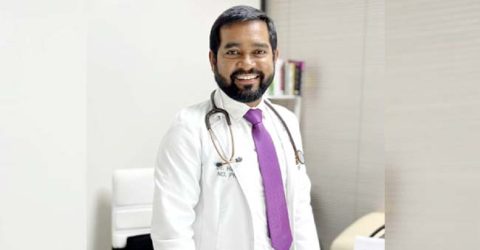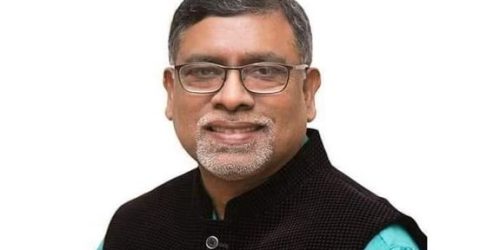
DHAKA, – International Centre for Diarrhoeal Disease Research, Bangladesh (ICDDR,B) the globally recognised diagnostic centre at Mohakhali, Dhaka will offer SARS CoV-2 tests to suspected coronavirus patients starting from June 26.
Initially, the patient will be required to book an appointment through online registration by visiting http://covid19test.icddrb.org and making a payment via debit/credit card or online/mobile banking system, a press release said today.
The web application will be live from 6.00 pm today (on June 24) and ready for registration. The test will cost Taka 3,500 per test, which is all inclusive. The test entails swab sample collection from the deep throat and nose of the individual. Samples will be collected daily from 7 am to 12 noon while reports will be provided within the next 24 to 48 hours.
Dr. Dinesh Mondal, Acting Director, Laboratory Sciences and Services Division at ICDDR,B said, “Our patients’ and staff’s safety is our priority and accordingly we have renovated our diagnostic centre to cater for COVID-19 patient.”
“Initially we are offering the test through online registration only, but eventually we will make it more accessible to all walks of life. Our highly skilled, dedicated scientists and clinicians, along with state of the art laboratories will now be able to serve patients with high quality diagnosis which they have always been relied on,” he added.
Only the patient and one accompanying attendant will be allowed inside the testing facility. They must wear face mask and properly adhere to the Government’s health and hygiene guidelines.
The Directorate General of Health Services (DGHS) under the Ministry of Health has given approval to ICDDR,B’s Diagnostic Centre to undertake RT-PCR based COVID-19 test.
However, it is to be noted that this commercial offering is different from ICDDR,B’s ongoing COVID-19 testing support to the DGHS, where it has been testing government-provided samples since March and so far tested more than 27,000 samples free of charge (testing kits were provided by the DGHS).




